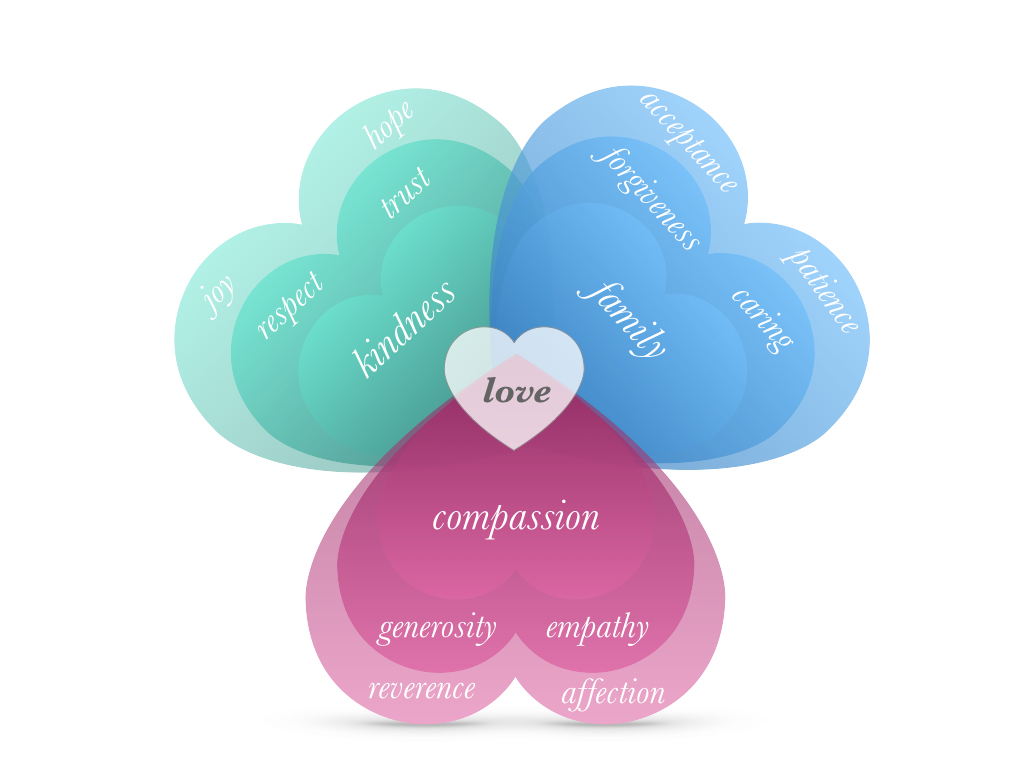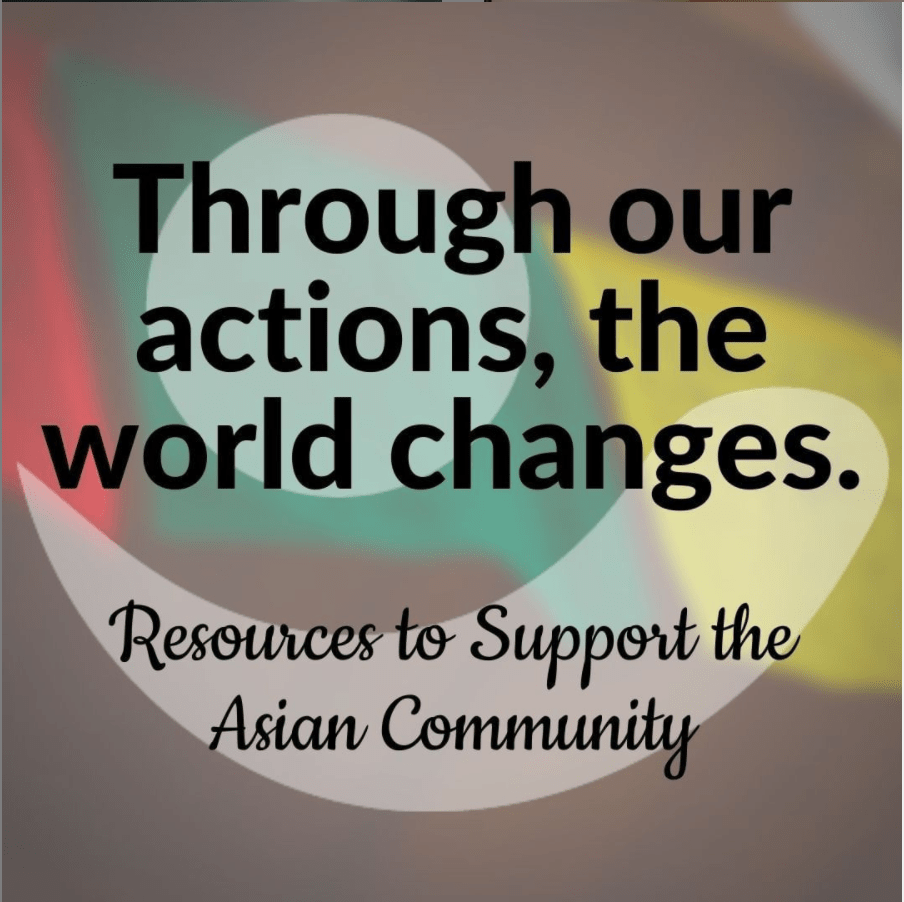The English language has a lot of words. In fact, the Oxford English Dictionary defines close to 200,000 words. And the average native-speaking person has about 20,000 to 35,000 words at their disposal. Some words are really short, like “I,” while others are really long, like “hippopotomonstrosesquippedaliophobia.” (Coming in at 36 letters long, it means fear of long words… Eat your heart out, irony.) Meanwhile, some of the most powerful words only have four letters: Hope. Kind. Calm. Mine. Envy. Pain. Fuck. Kiss. Lust. Love.
Love is such a powerful word that it is often defined as being inadequate to describe the actual emotions being felt within. But it’s the closest word we can use to form an iota of those blissful, heart-bursting, take-your-breath-away, fluttering feelings. Think about the first time you heard the words “I love you,” the day you said “I do,” the moments when you stare down at your beautiful children as they sleep soundly and peacefully. How is a human being supposed to put that feeling into words? It’s impossible. But we’ve agreed that love will be that word to encompass perhaps the biggest emotion you can possibly feel as a living being. I say living being with intention, as we’ve seen that many animals express the emotion of love in nature. The first example that comes to mind is the story of a killer whale who lost her baby and carried her baby around for 17 days, mourning her death, before finally physically letting her go.
In some Inuit families, a group of languages called Eskimo-Aleut have 50 words or more to describe the word snow. Snow on the ground is aput, while soft deep snow is muruaneq, falling snow is qana, while snowflake is qanuk. It’s a language process known as polysynthesis where you have a base word and add suffixes to slightly change the meaning. The English language has much less in comparison (i.e. slushy or icy or powdery). Languages evolve to suit the most crucial ideas and needs to our lives. Eskimos obviously place much value on snow. And humans place much value on love.

During the month of February, I conducted a poll asking my yoga students to give me a word, any word at all, that, in essence, feels like love to them. Compassion, kindness, and family dominated the list, but other words like respect, acceptance, empathy, sunshine, and baby kicks were also mentioned. I’ve placed the love words in sectored hearts, love being the center and pulsing outward with more words rooted in love. Which words resonate within you that have a foundation of love? These hearts can keep on growing with each beat.
Ever since my babies were babies, we often gave them “polar bear kisses” (aka eskimo kisses). Polar bears connect by rubbing noses together, as a way to greet each other, but also to communicate if they will share food with each other. My youngest, precocious daughter still plays a game with me that goes like this:
Her, enthusiastically: “Nose kiss.” (we rub our noses together)
Her: “Forehead kiss.” (we rub our foreheads together)
Her: “Eyelash kiss.” (eyelashes flutter close together)
Her: “Heart kiss.” (and we bring our hearts together for a hug)
Yes, I am so incredibly lucky to be her mother, to have two daughters who teach me daily lessons on love, and etch more words rooted in love in my vocabulary. They embody love incarnate. Dropping truth bombs through play and creativity. A hug is when our hearts connect. A physical representation of your hearts becoming as close to one as possible on this earthly plane. Or another way to look at it, a hug is at essence your hearts kissing. Maybe that’s why they are so healing and grounding. Go out into that big, wide world and hug someone you love, heart to heart, soul to soul, love to love.













